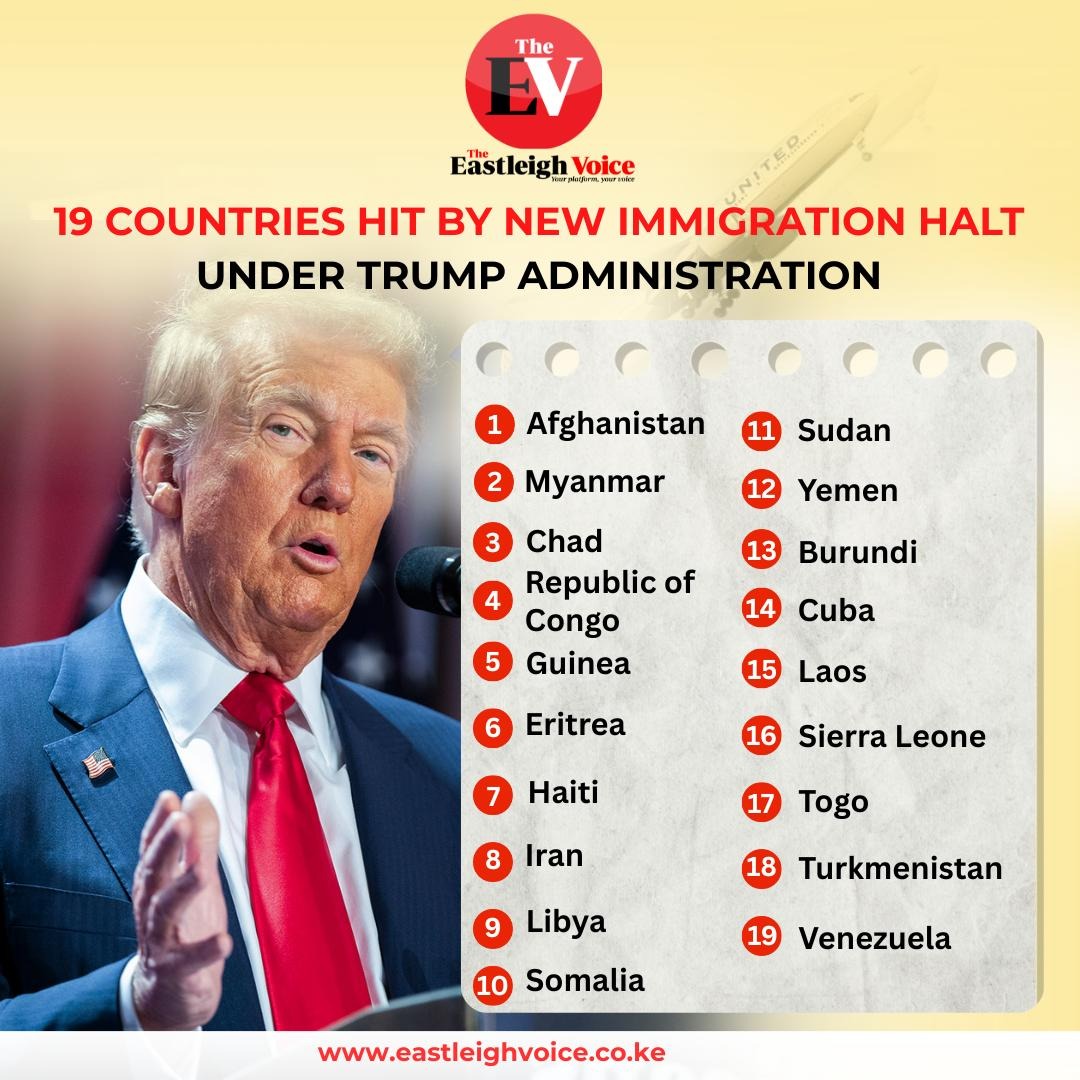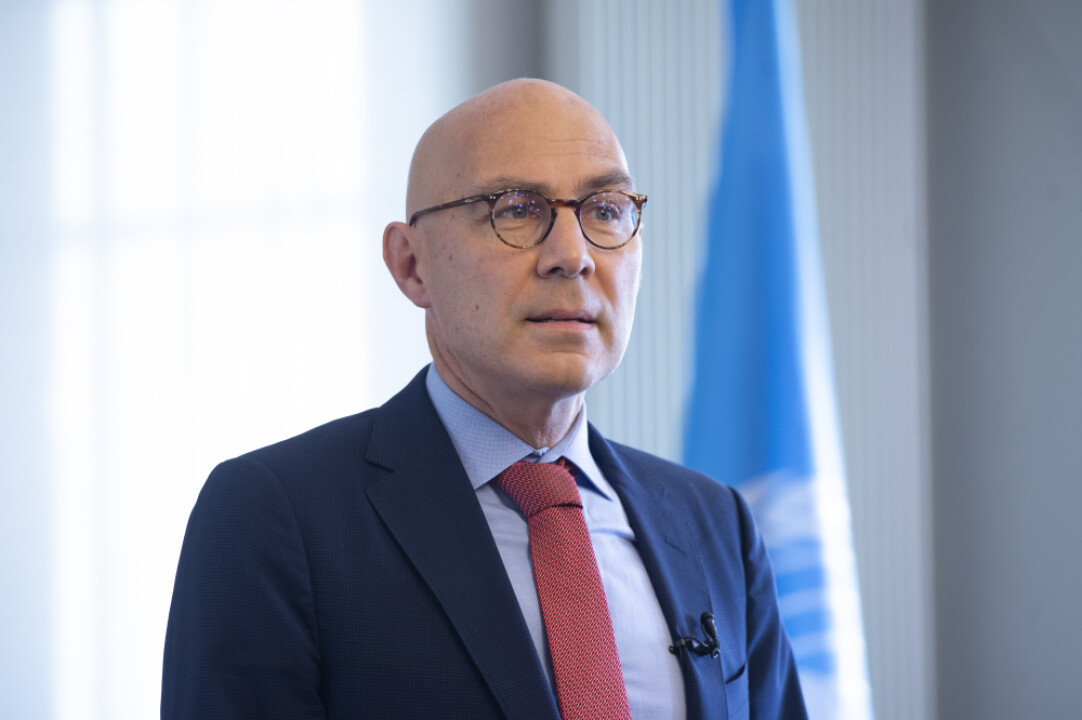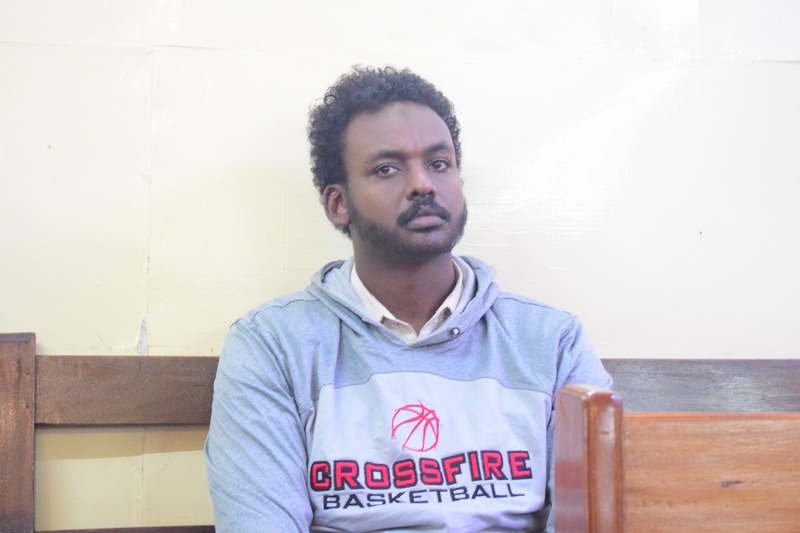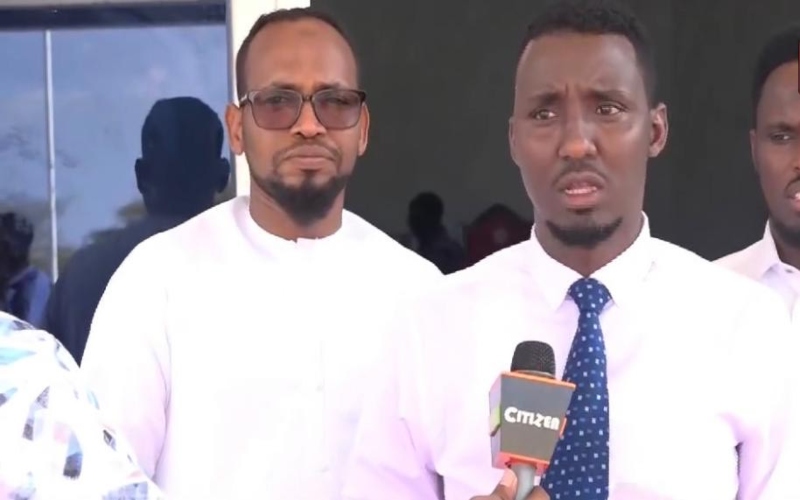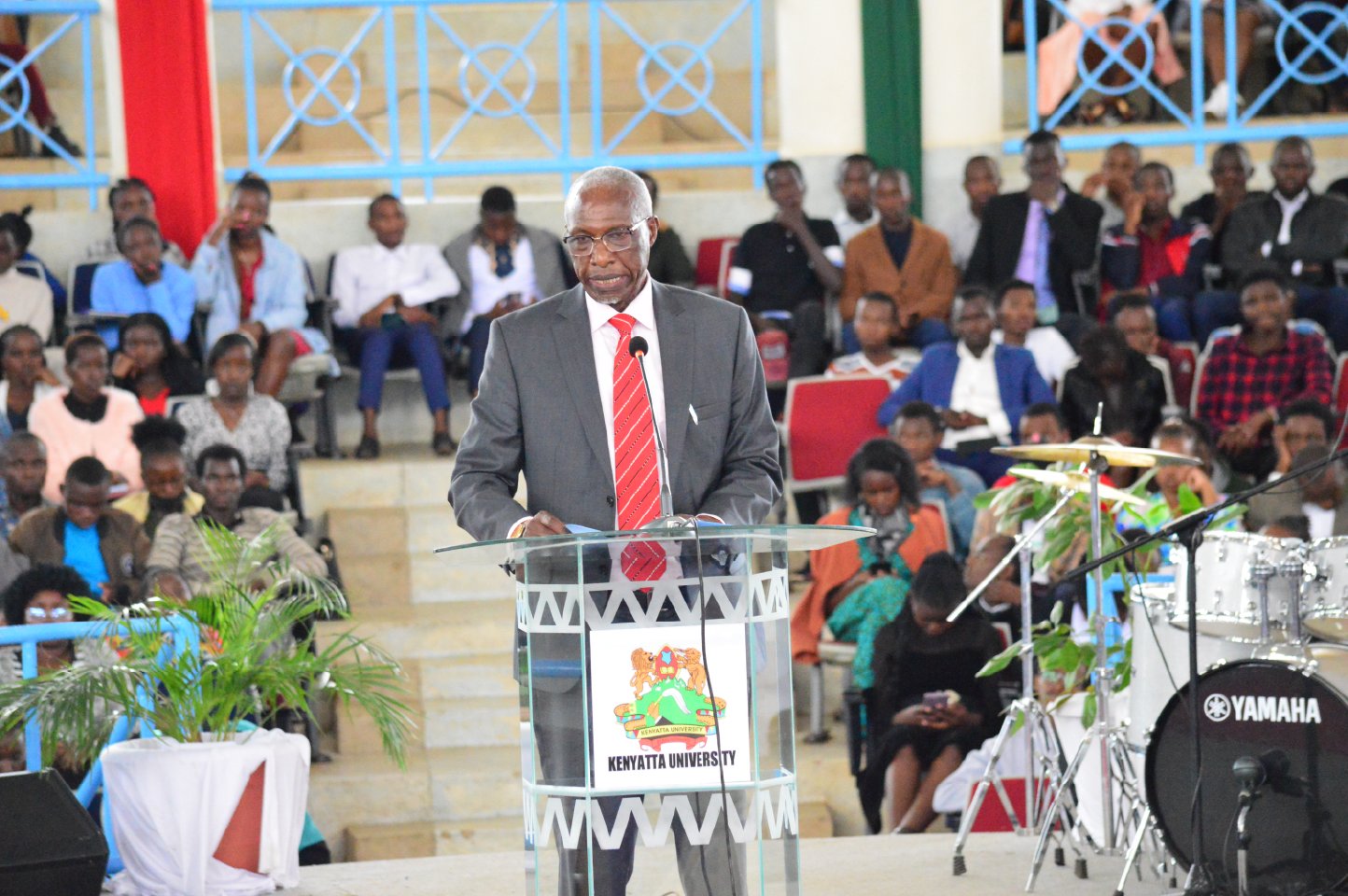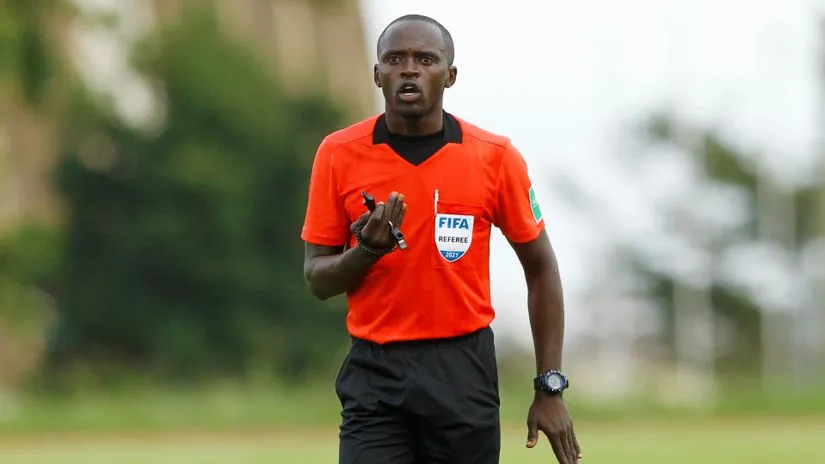Senators probe secret suppliers in multibillion-shilling health contracts signed by governors
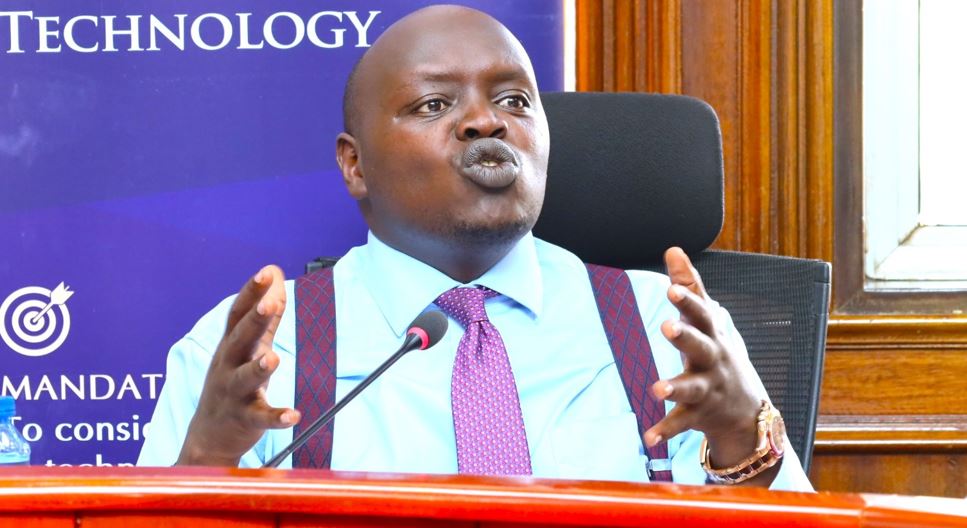
Despite reassurances from Health Cabinet Secretary and CoG Chairperson Ahmed Abdullahi that there was no secrecy in the deal, senators remain unconvinced.
Senators have launched a probe into the National Equipment Support Programme (NESP), demanding the government disclose the names of suppliers contracted to lease medical equipment to counties.
The Senate Health Committee has raised concerns over the programme, which replaced the Medical Equipment Service (MES) scheme, citing secrecy surrounding supplier selection, especially after President William Ruto confirmed last year that seven firms had been awarded contracts without revealing their identities.
More To Read
- Governors sound alarm as 934 newborns die amid funding row in health sector
- Counties decry handling of hospitals under SHA, accuse Health Ministry of overreach
- Tharaka Nithi Governor Muthomi Njuki named new CoG Vice Chair replacing Mutahi Kahiga
- Senate Committee moves to ban detention of patients, bodies over unpaid medical bills
- Bomet, Homa Bay, Kirinyaga among counties with highest hiring imbalances - report
- Senate probe uncovers unpaid loans by ex-governors, county officials
The programme, launched in December 2023, aims to enhance healthcare services in county hospitals by providing critical medical equipment for surgery, radiology, and intensive care. Payments under NESP follow a fee-for-service model, where vendors supply, maintain, and upgrade equipment at no upfront cost to the counties.
By October 2024, all 47 governors had signed agreements with the Ministry of Health to lease the equipment. However, Nyeri Governor Mutahi Kahiga, the CoG deputy chairperson, told a Senate committee that counties had little choice but to sign the contracts without knowing the identities of the vendors.
Senators unconvinced
Despite reassurances from Health Cabinet Secretary and CoG Chairperson Ahmed Abdullahi that there was no secrecy in the deal, senators remain unconvinced.
Nairobi Senator Edwin Sifuna claimed that suppliers had imposed stringent conditions, with some counties expected to allocate up to 60 per cent of their health budgets to meet contractual obligations.
"We as a Senate need to focus on these contracts, and I urge the Health Committee to ensure this is done so that our people can access proper health services," Sifuna said.
Nominated Senator Hamida Kibwana insisted that the government must provide a detailed breakdown of the payments made under the programme, including deductions from counties' equitable revenue share.
"The government should explain the role of the respective county governments and the Council of Governors (CoG) in the negotiation and execution of agreements under the NESP and outline the steps taken to ensure strict compliance with public procurement laws," Kibwana said.
Nandi Senator Samson Cherargei called for a commission of inquiry into the state of county health facilities, citing deteriorating conditions in regions such as Nandi, Mombasa, Turkana and Kisii.
"In Nandi County, my people are suffering. Out of the 196 facilities, including Kapsabet County Referral Hospital and Level Four hospitals, there is nothing to write home about," he lamented.
Dysfunctional
Tana River Senator Danson Mungatana questioned why counties were paying the national government under the NESP agreements while the medical equipment remained dysfunctional. He called for a review of the programme, arguing that the national government was overstepping its role in healthcare, which is constitutionally a county function.
"One of the issues raised is equipment maintenance. If a machine breaks down, it takes a whole year to fix it. Additional equipment is brought in, only for it to malfunction again. For instance, a repairman scheduled to fix equipment at Hola County Referral Hospital only arrived two weeks ago—after two years," Mungatana said.
Narok Senator Ledama Ole Kina called for transparency in the probe and proposed site visits to all 47 counties to assess the state of the programme.
"In the last parliament, we uncovered a massive scandal with the MES scheme. Now, counties are leasing equipment, but hospitals lack medicine, and many facilities are in a deplorable state. We must hold our governors accountable. This is unacceptable," Ole Kina noted.
The senators are also demanding that the government outline steps taken to ensure the medical equipment supplied meets the required standards and is properly utilised in health facilities.
Top Stories Today


